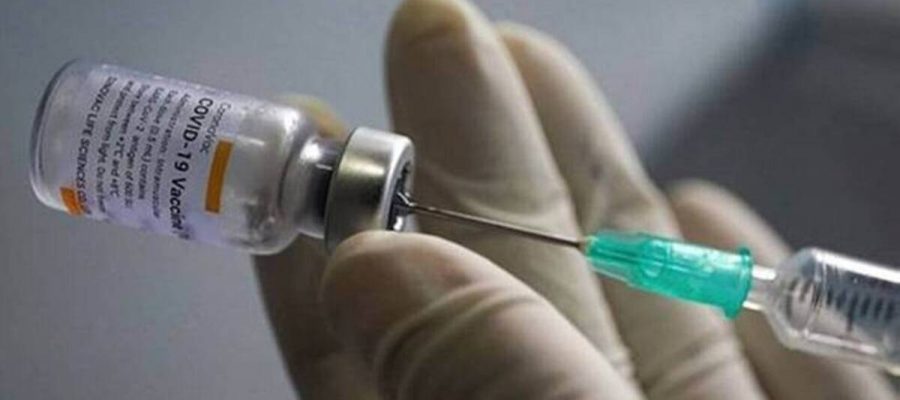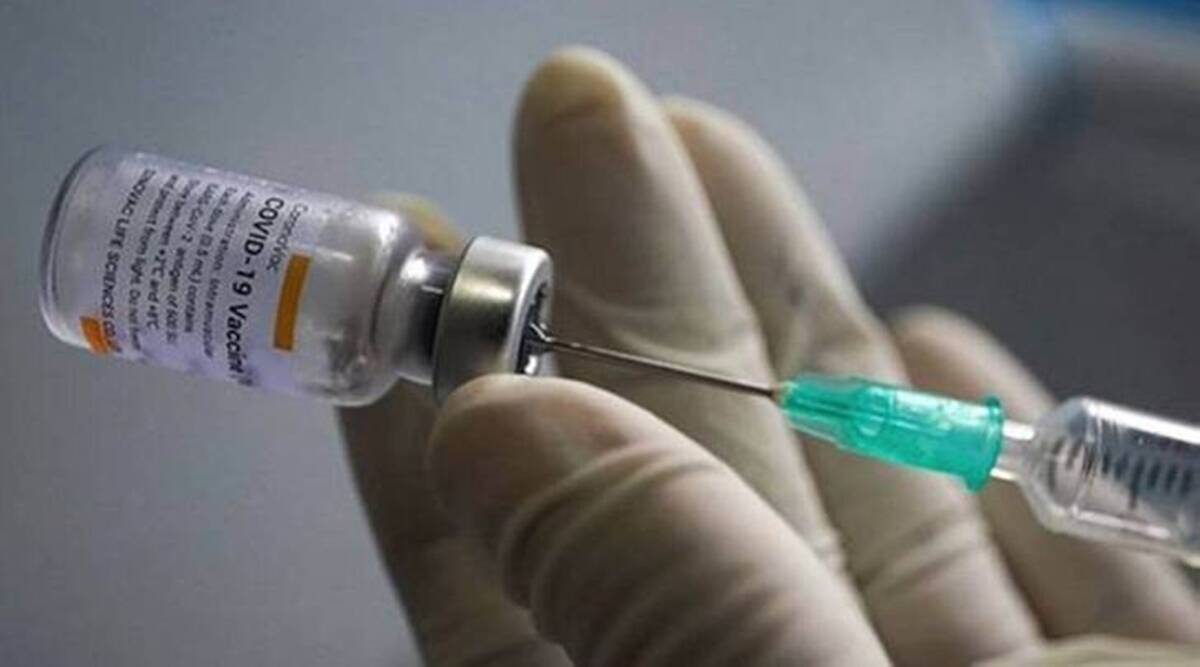VISION is a three-city consortium project and the sites include Pune, Bengaluru and Vellore, and is sponsored by Hindustan Unilever Limited CSR funds.
Top public and private research institutes from Pune will partner with others in Bengaluru and Vellore for a study that aims at understanding how long immunity lasts post Covid-19 vaccination.
VISION (Vaccine Immunology Studies – Indian Outbreak-response Network) is a platform activity to generate immunogenicity data addressing the needs of the Covid-19 vaccination programme in the country. VISION is a three-city consortium project and the sites include Pune, Bengaluru and Vellore, and is sponsored by Hindustan Unilever Limited CSR funds. The duration of the project is about 1.5-2 years with more than 800 study participants across the three sites.
In Pune, institutions like IISER, NCCS and CSIR-NCL with clinical partners KEM hospital and research centre and Symbiosis university hospital and research centre will participate in the study. Bengaluru-based NCBS, INStem with clinical partners St John’s Research Institute and the Baptist hospital are the partners along with CMC, Vellore.
The observational study has been planned with the primary objective of understanding the differences in magnitude and longevity of humoral and cellular immune responses generated following vaccination with two doses of either Covaxin or Covishield, in those with or without evidence of prior SARS-CoV-2 infection based on seropositivity, Dr Anu Raghunathan, a senior principal scientist at CSIR-NCL, said.
There are several questions that VISION is preparing to address, said Prof L S Shashidhara, a co-founder of Pune Knowledge Cluster (PKC) that has been set up by the office of the principal scientific adviser to the Government of India.
“There are many queries this study aims to address. For example, the diversity in response to vaccination due to nutritional status or other reasons, antibody response, how long does the immunity last and what are the variants against which we are protected by vaccines and host factors driving vaccine breakthroughs,” Prof Shashidhara said.
According to Dr Raghunathan, study experts will also analyse whether memory B cells are left if there are no circulating antibodies. He said, “Some of the questions that the study aims to understand are whether these memory B cells are broad range or vaccine-strain specific and if varied T cell responses are generated by the different vaccine platforms.”
In-depth immunogenicity data and the establishment of platforms to generate such data at speed will improve the ability to make public health decisions such as the number of vaccine doses required for those with or without prior SARS-CoV-2 infection, need and timing for booster shots, best combination (homologous versus heterologous) of vaccines for boosting, need for incorporating vaccine modifications for circulating strains and role of comorbidities, among others, experts involved with the study said.
Source: Read Full Article


